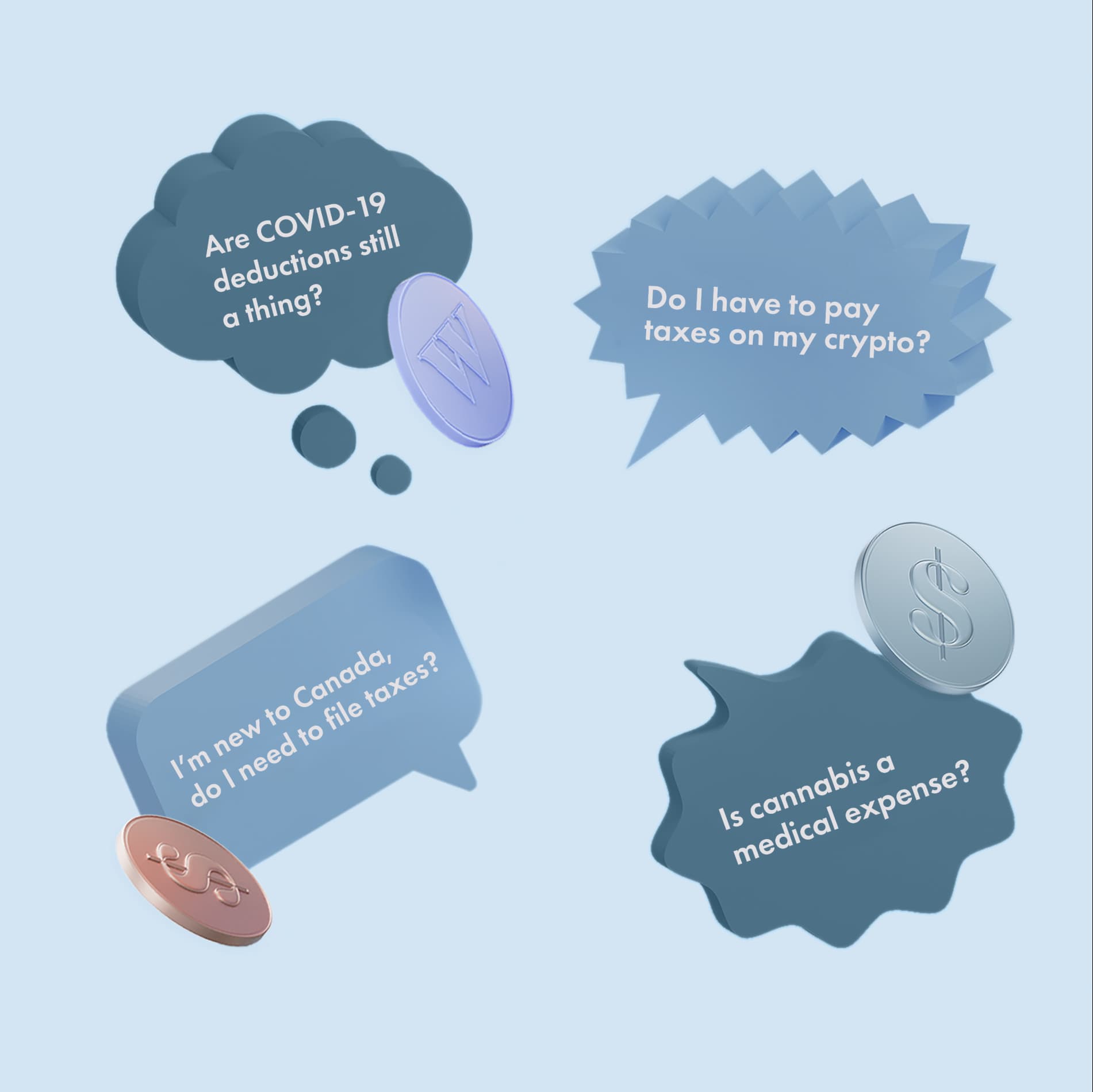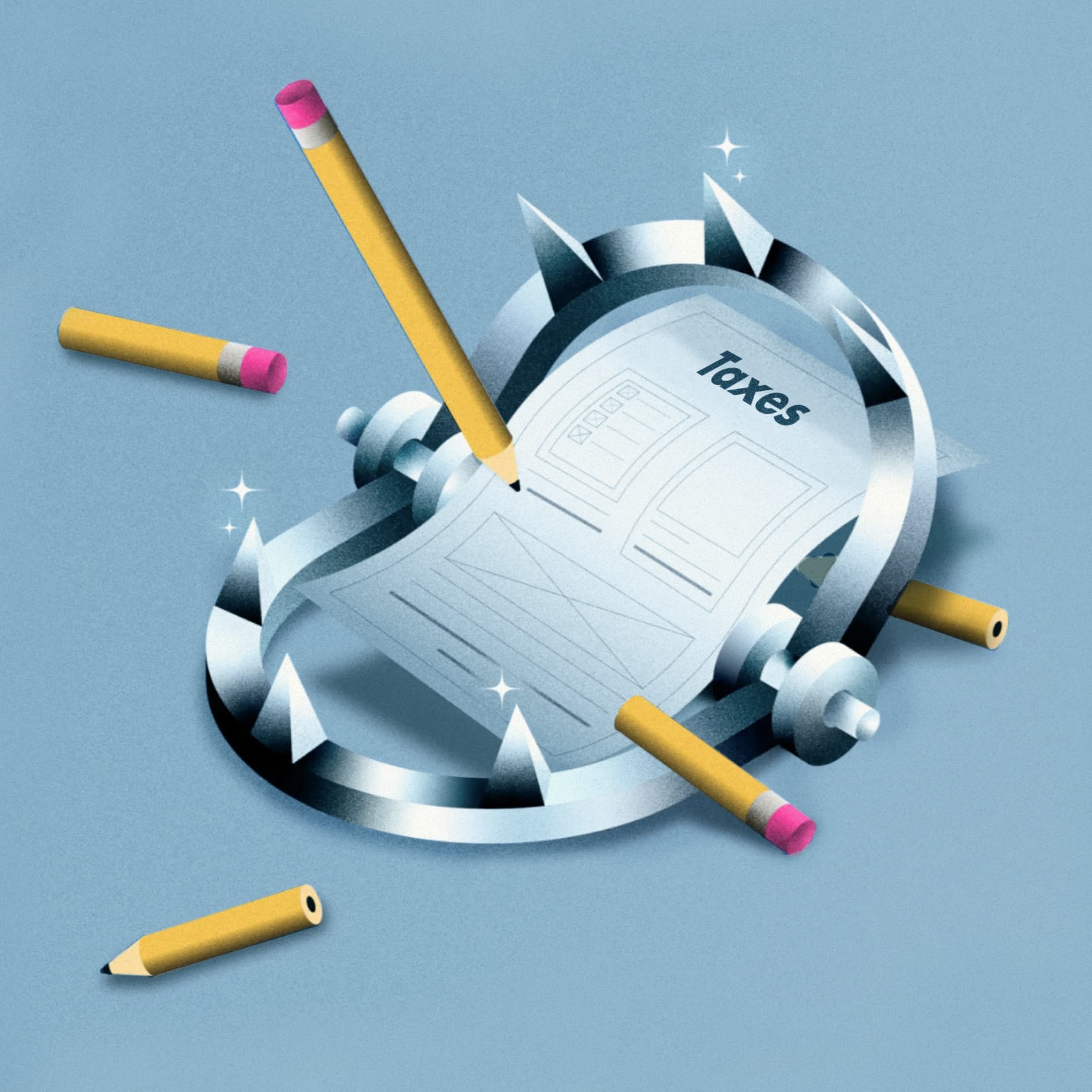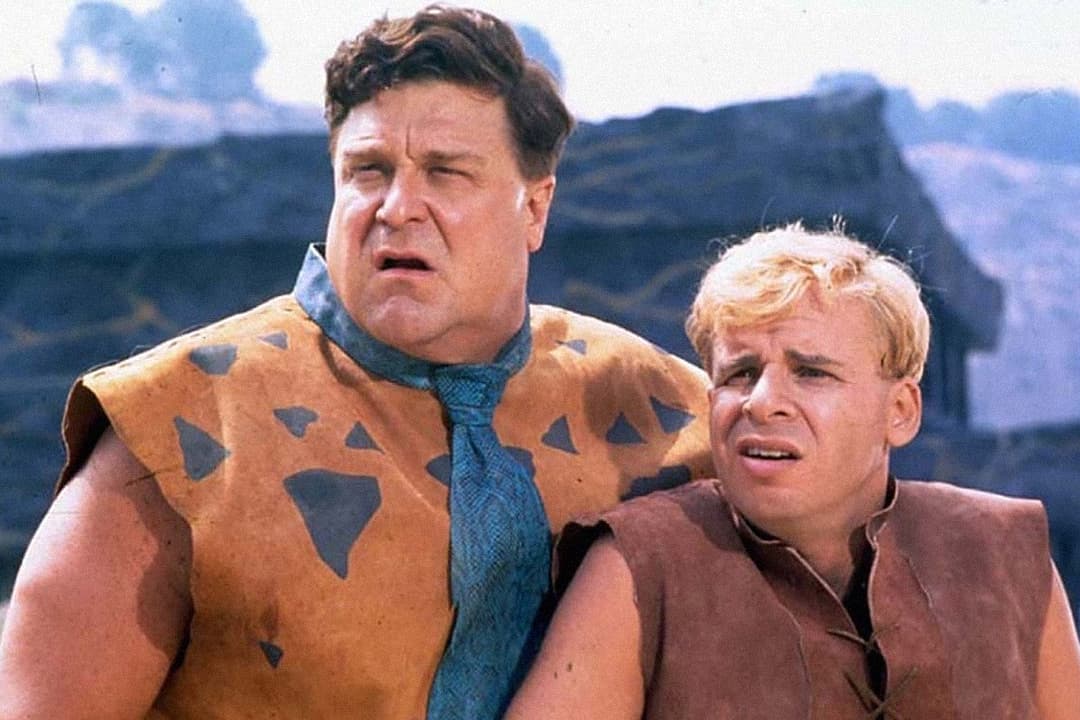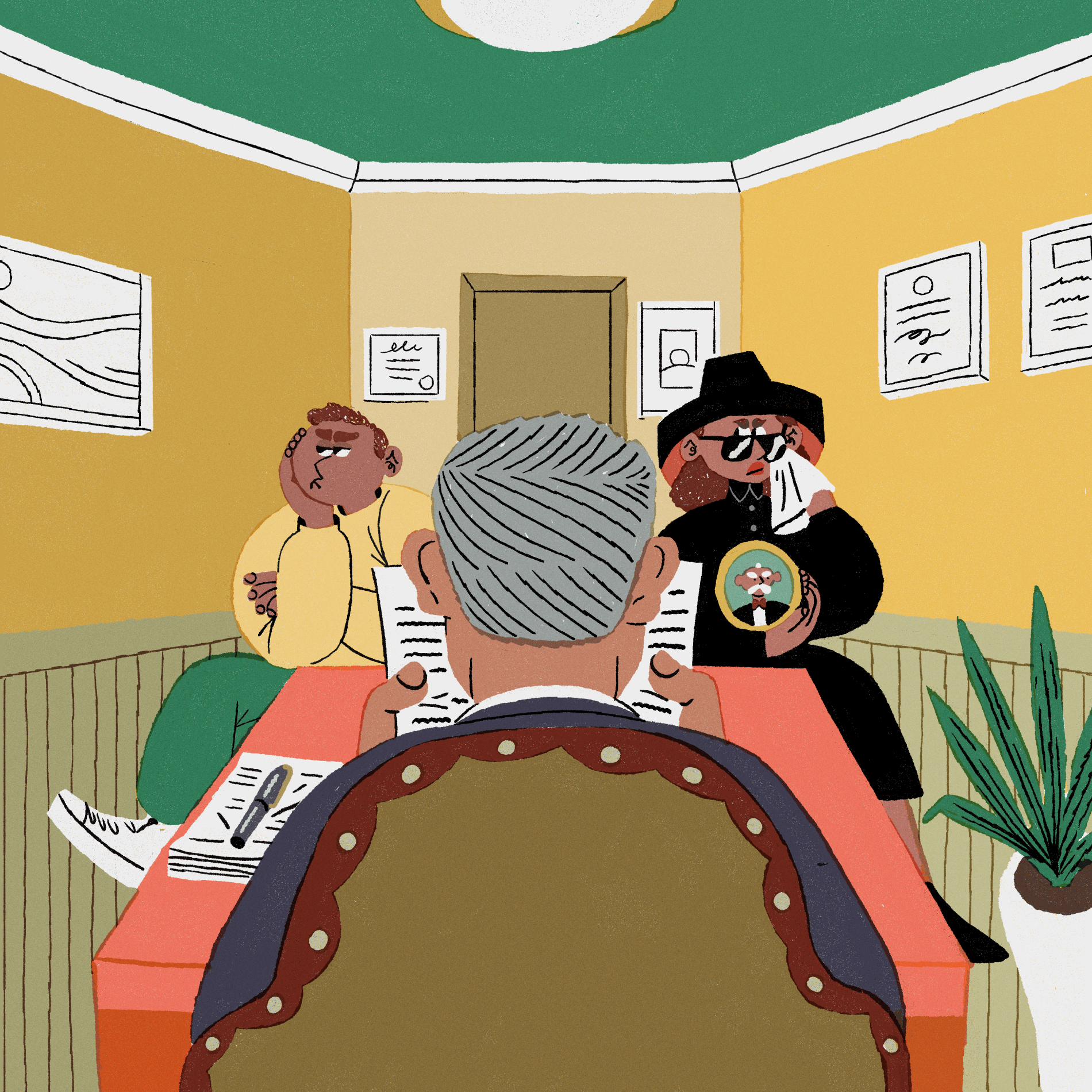
Finance for Humans
Ask Lizzie: Should I Keep My Inheritance If I Stopped Speaking to My Dad?
This week, our money (and life) columnist takes on grief, guilt and, of course, money.
Wealthsimple makes powerful financial tools to help you grow and manage your money. Learn more
Dear Lizzie,
My father recently passed away and left money to me and my sister in his will. Sounds pretty normal. Except in this case, I stopped talking to my dad (and my sister) a few years ago. Can I take that money? Should I? I wish I could ask my sister, but, sadly, I can’t. So you can fill in.
What do you think? Do I deserve that money just for being his kid?
Thanks,
Questioning in Quebec
Dear Questioning,
Oh my epistolary friend, I want to give you a hug (which, no. Global pandemic). Because loss just jumps off the page here. Even if you were happier not speaking to your father or your sister, losing those relationships is... well, a loss. Not to mention the death of your father. And, to paraphrase Lin-Manuel Miranda, loss is loss is loss. I’m sorry.
So I think we should first acknowledge that loss, and whatever kind of grief you might or might not be experiencing, before we get into the money part. I can’t tell, from your letter, what precipitated the estrangement in your family. So it’s hard for me to know how you feel about your father’s death. Maybe (almost certainly) sad? Relieved? Angry? Wistful for a time when those relationships were less painful? Any of those (and lots of other feelings) are perfectly fine to have. Just be sure to cut yourself some slack right now. Figuring these things out is difficult, and grief is a strange, nonlinear animal. It never behaves the way we expect it to.
Now the money part. You wrote that you don’t know whether you “deserve” the money. I think there are three ways to look at this question: what your father wanted, what you can live with, and what anyone “deserves.”

Sign up for our weekly non-boring newsletter about money, markets, and more.
By providing your email, you are consenting to receive communications from Wealthsimple Media Inc. Visit our Privacy Policy for more info, or contact us at privacy@wealthsimple.com or 80 Spadina Ave., Toronto, ON.
Part one: What did your dad want?
A will is a declaration of intent. I recently made a will because I had a baby. And, frankly, it’s not a pleasant process. You have to think pretty long and hard about the loss the people you love are going to experience, and contemplate your own mortality. So I think it’s quite fair to say that one does not pick a beneficiary lightly.
About half of all Canadians have wills, though that proportion climbs as people get older. Since your father was in this club, it means he made some decisions and one of them was for you to have this money. If he wrote the will after your estrangement — well, then his intent is clear. But even if he’d written you into his will before the two of you fell out, I think it’s notable he didn’t take steps to remove you from it.
So the answer to this part is easy. He wanted you to have that money.
Recommended for you
Part two: Figure out why you don’t you want it.
Just because he wanted you to have it, of course, doesn’t mean that money isn’t freighted with meaning for you. And that’s the next step in figuring out what to do with it. Ask yourself: what is it that bothers you about accepting the money? Is it that you think by accepting the money, you’re granting him a kind of forgiveness you don’t think he deserves? Do you feel like he was trying to paper over the gaps in your relationship the easy way and that doesn’t seem fair? Or is it that you feel guilty?
A will is a declaration of intent. And I think it’s fair to say one doesn't pick a beneficiary lightly.
Part three: See how the money will actually make you feel.
So, let’s do a thought exercise. Tonight, decide that you are taking the money. Pretend for the sake of this experiment that you are all in. Then, tomorrow, don’t think about it at all. It’s a given in your new life. The *next* day, you should make a list of things you could do with the money. Really concrete stuff; imagine the purchase down to the detail, and sit with it. Are you going to paint your bedroom a different colour? Get a new refrigerator? Pay off some credit card debt? Let this new reality live in your brain. Are you comfortable with it? Or will the uneasy relationships in your family render you unable to use or enjoy it?
This technique (pretending I’ve already made a decision) is something I use in my own life when I have a big question to contemplate. I find that I can almost fool myself into thinking I’ve made a decision, and then I learn from my own comfort or discomfort with what I have decided. I think you should give it a shot.
If, after this exercise, you think you can take the money without it consuming you in some fundamental way, then I think you should accept it.
Wealthsimple Magazine Podcast
THE TRUTH ABOUT MONEY
Wealthsimple Magazine Podcast
What would our relationship with money be like if we talked about it honestly? We made a podcast to answer just that.
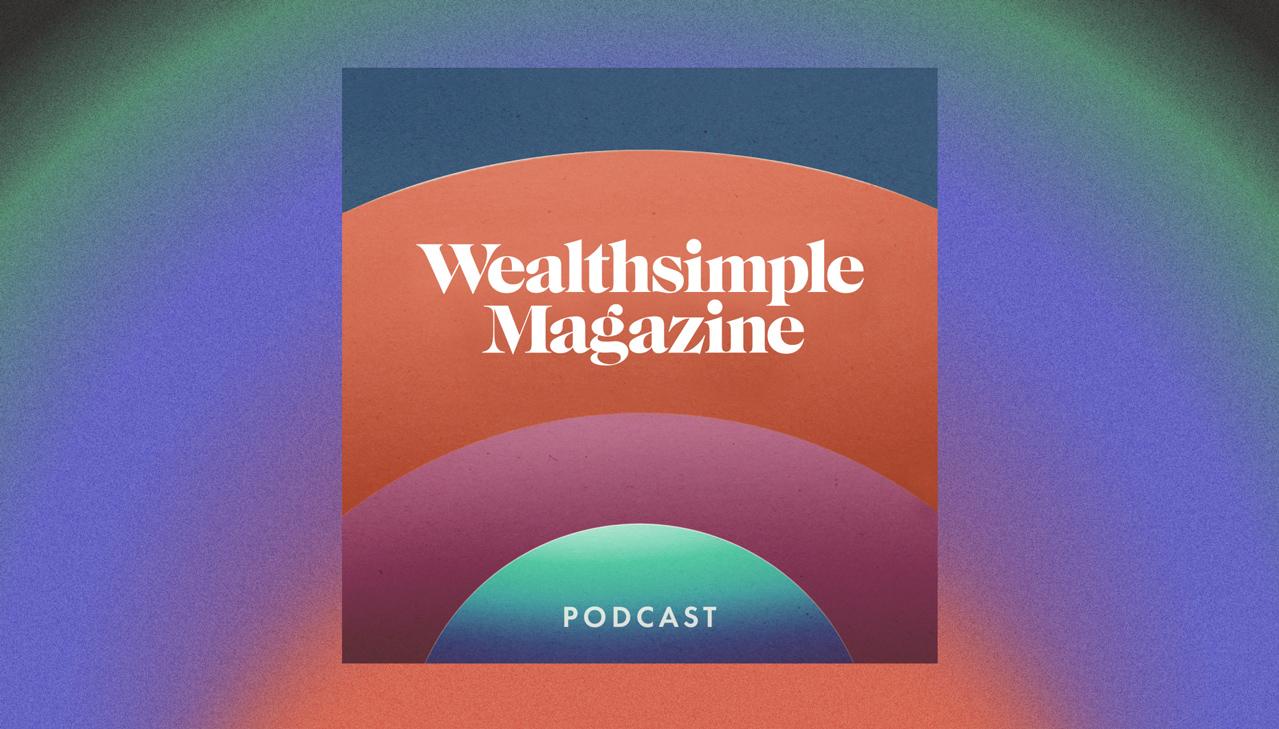
Part four: Realize that no one really “deserves” an inheritance.
Lastly, let’s talk for a second about the question of “deserving.” No one, really, deserves having money handed down by birthright. After all, none of us made that money. Someone else did. There is an old piece by a writer whom I almost never agree with, where she makes some great arguments: namely that an inheritance perpetuates inequality, and only enriches people who already have what they need.
So if you are going to take the money, and I think you should, a way to handle it ethically would be to consider how this money could affect other people, if you spread it around. Find the people in your own life who could use some help. A charity or two — maybe it’s low cost family counselling services so others can mend broken familial bonds. Let your father’s money help not just you, but those who don’t even get to ask the question about what they might deserve.
And yes, accept that we all get things we don’t deserve. This money might let you live better, invest in your future and care for other people in your life. Or even think more fondly of your father in the end, if you want to.
Lizzie
Lizzie O'Leary is a longtime economic and policy journalist. She hosts the podcast “What Next: TBD” at Slate.
